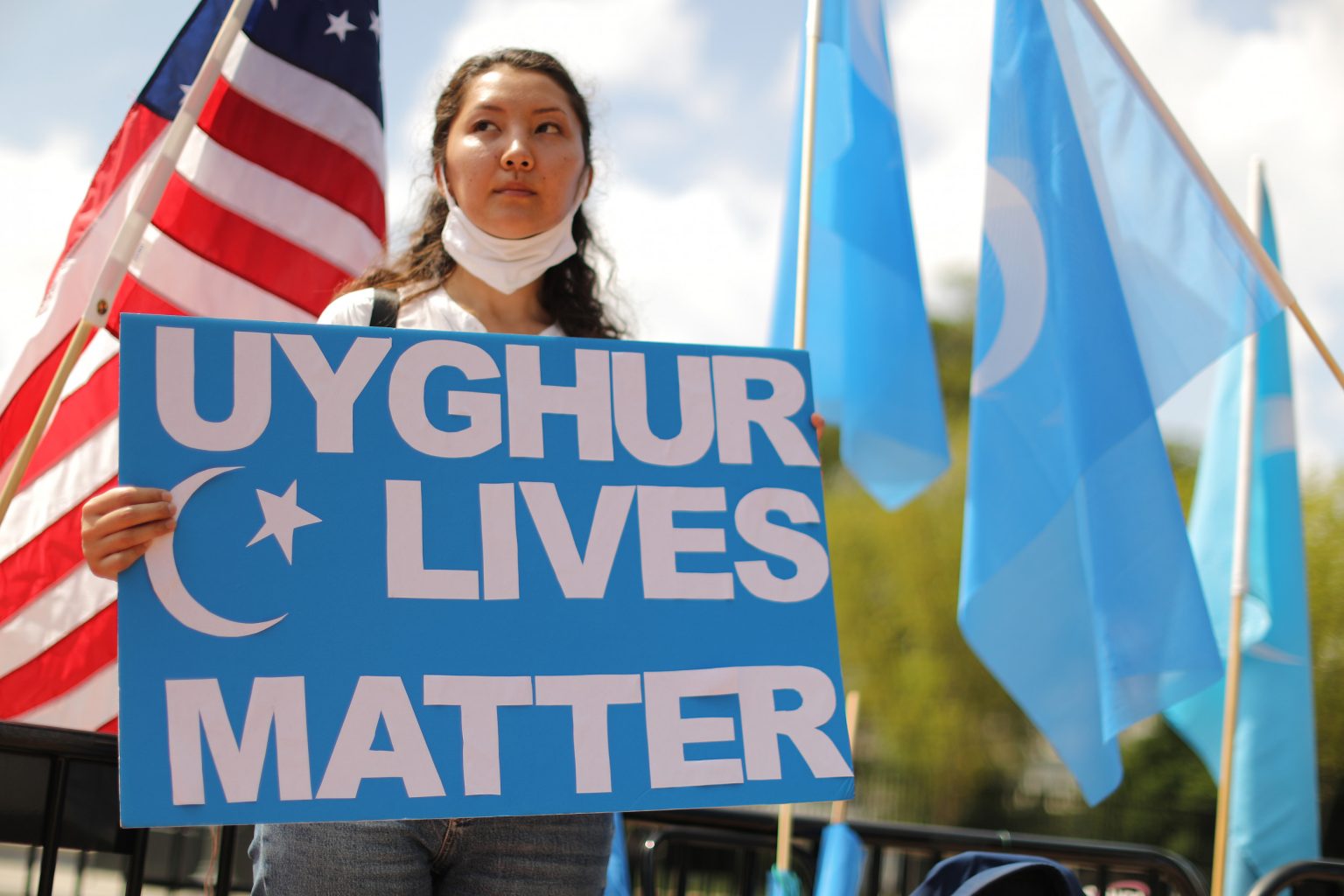Critics and supporters are in a heated debate after President Joe Biden announced an increase in tariffs on $18 billion of Chinese products. However, the focus should not be on tariffs but on why the United States has been importing these products, which fund China’s campaigns of genocide against Uyghurs, Kazakhs, and Tibetans. Biden cited unfair trade practices as the reason for the tariffs, aiming to protect American workers from exploitation by Chinese firms that use forced labor, particularly of minority groups like the Uyghurs.
The tariffs are part of Section 301 of the Trade Act of 1974 and primarily target Chinese products such as steel, aluminum, electric vehicles, semiconductors, batteries, solar cells, and medical products. The White House’s goal is to level the playing field for American businesses by addressing China’s unfair trade practices. However, critics argue that these tariffs do not go far enough in preventing products made with forced labor from entering the U.S. market, as evidenced by the continued flow of such products despite existing legislation.
Legislation such as Section 307 of the Tariff Act of 1930 and the Uyghur Forced Labor Prevention Act of 2021 aim to prevent the importation of goods made with forced labor. However, enforcement of these laws has been inconsistent, with companies finding ways to circumvent regulations and loopholes in the supply chain. While the recent addition of Chinese textile companies to the Uyghur Forced Labor Prevention Act Entity List is a step forward, more aggressive measures are needed to ensure that products made with forced labor do not enter the U.S. market.
The Chinese regime has been accused of committing genocide against Uyghurs and other minority groups in Xinjiang, with allegations of mass detentions, torture, rape, and forced sterilizations. The regime vehemently denies these accusations but has shifted production outside of Xinjiang to avoid scrutiny. Critics of Biden’s tariffs argue that Chinese producers can sidestep these measures by setting up manufacturing plants in countries like Mexico within the USMCA trading bloc. However, the focus should be on ensuring that products made with forced labor from China do not enter the U.S., regardless of where they are assembled.
The global community must come together to take a stand against China’s genocidal practices and ensure that consumers are not unwittingly supporting these atrocities through their purchases. By enforcing existing laws and closing loopholes in the supply chain, the U.S. can send a strong message that it will not tolerate products tainted by forced labor entering the market. As Uyghur activist Nury Turkel emphasizes, it is time for global consumers to say “not in my name” to China’s violations of human rights and demand accountability for these heinous crimes.


